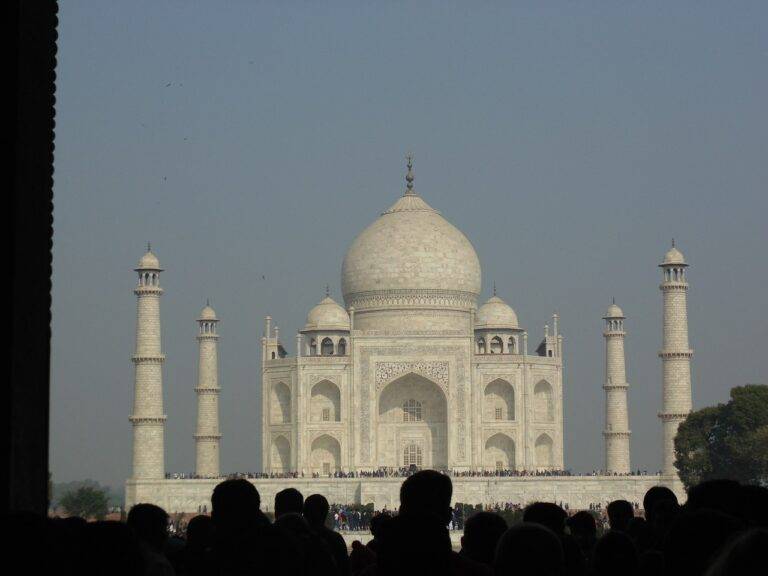The Role of Political Parties in Influencing Political Campaign Narratives
Political parties have played a critical role in shaping the political landscape throughout history. Dating back to the early days of the United States, the formation of political parties such as the Federalists and the Democratic-Republicans laid the groundwork for the two-party system that is prevalent today. These parties not only provided a platform for differing political ideologies but also gave citizens a means to organize and advocate for their beliefs.
The historical significance of political parties extends beyond just the United States. Around the world, political parties have been instrumental in mobilizing voters, influencing policy decisions, and maintaining political stability. From the Conservative and Labour parties in the United Kingdom to the African National Congress in South Africa, political parties have been instrumental in shaping the course of history and shaping the socio-political landscape of their respective countries.
The Evolution of Political Campaign Strategies
In the realm of political campaigns, strategies have undergone a remarkable transformation over the years. Gone are the days of relying solely on door-to-door canvassing and radio advertisements to sway voters. With the advent of the digital age, political campaigns have harnessed the power of social media and big data analytics to reach a wider audience and tailor their messaging more precisely.
Digital marketing now plays a fundamental role in modern political campaigns. Candidates utilize targeted advertising on platforms like Facebook and Google to connect with specific demographics and mobilize supporters. Furthermore, social media platforms enable them to engage directly with voters, sharing their campaign initiatives and responding swiftly to current events. This real-time interaction has revolutionized the way politicians communicate with the electorate, making campaigns more immediate and dynamic.
What role did political parties play in shaping political campaign strategies?
Political parties have historically been instrumental in organizing and mobilizing voters, developing messaging and platforms, and funding campaign efforts.
How have political campaign strategies evolved over time?
Political campaign strategies have evolved with advancements in technology, media, and data analytics. Campaigns now utilize social media, targeted advertising, and big data to reach and persuade voters.
What impact has the internet had on political campaign strategies?
The internet has revolutionized political campaigning by allowing for direct communication with voters, fundraising through online platforms, and microtargeting specific demographic groups.
How do political campaign strategies differ between local and national elections?
Political campaign strategies for local elections often focus on grassroots organizing, community engagement, and door-to-door canvassing, while national campaigns may rely more heavily on mass media, fundraising events, and strategic messaging.
What role do third-party candidates play in influencing political campaign strategies?
Third-party candidates can impact political campaign strategies by introducing new ideas, challenging the status quo, and potentially drawing votes away from major party candidates. This can force major parties to adapt their strategies to appeal to a broader range of voters.





